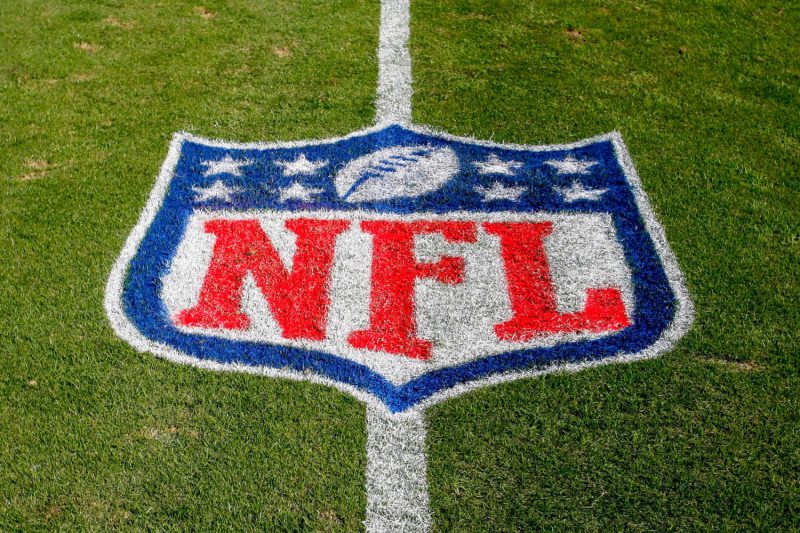In a significant turn of events, a federal judge recently made a contentious decision to overturn a $4.7 billion jury verdict in the Sunday Ticket lawsuit, ruling in favor of the National Football League (NFL). The case, which centered around alleged anticompetitive practices by the NFL in distributing its popular Sunday Ticket package, has sparked widespread debate and implications for the future of sports broadcasting.
The lawsuit was originally filed by a group of football fans who accused the NFL of engaging in monopolistic behavior by limiting access to out-of-market games through its exclusive agreement with DirecTV for the Sunday Ticket package. The plaintiffs argued that this arrangement suppressed competition and resulted in higher prices for consumers.
However, the federal judge’s ruling to overturn the substantial jury verdict has raised questions about the enforcement of antitrust laws in the sports industry. Critics of the decision argue that it sets a dangerous precedent by allowing powerful sports leagues like the NFL to maintain their dominant position in the market without facing consequences for potential anticompetitive behavior.
On the other hand, supporters of the ruling point to the complexities of the case and the need for a thorough analysis of the competitive landscape in sports broadcasting. They suggest that the judge’s decision was based on a nuanced understanding of the relevant legal principles and the specific facts of the case.
The outcome of the Sunday Ticket lawsuit has broader implications for the sports media landscape, particularly as streaming services and other digital platforms continue to disrupt traditional broadcasting models. The case underscores the challenges of balancing competition with league interests and consumer demand in an increasingly complex and dynamic industry.
Moving forward, the legal battle over the Sunday Ticket package is likely to shape the future of sports broadcasting and the regulation of antitrust practices in the sports industry. As stakeholders on all sides grapple with the implications of the federal judge’s decision, the case serves as a reminder of the complexities involved in ensuring fair competition and consumer choice in the world of sports media.




























